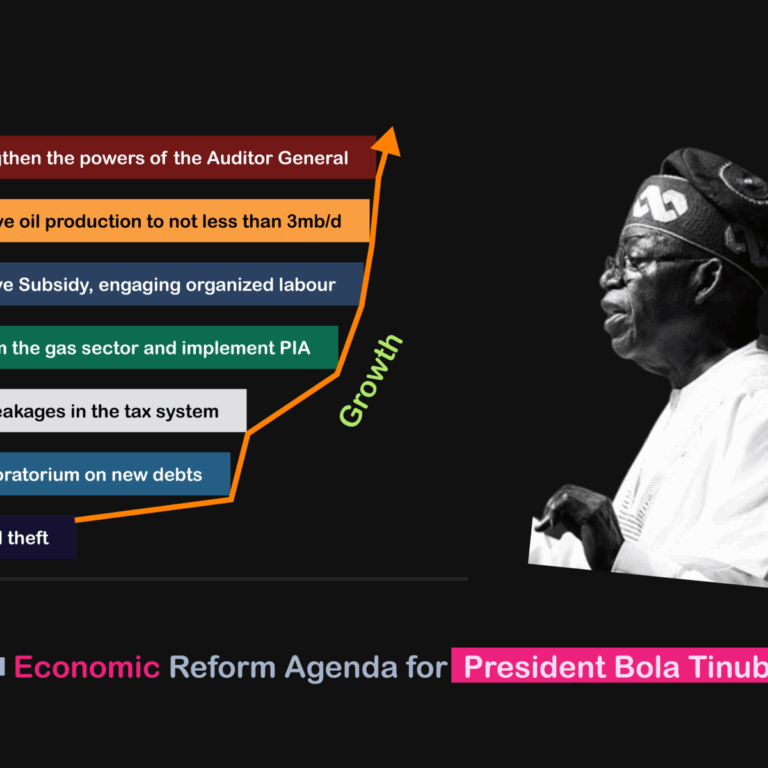Since taking office, President Bola Ahmed Tinubu has initiated a bold wave of reforms aimed at stabilizing and transforming Nigeria’s economy. His administration is pushing for fiscal discipline, diversifying economic foundations, and ensuring broader participation in growth through inclusive policies.
Overhauling the Tax System for a Stronger Fiscal Framework
At the core of Tinubu’s economic reform plan lies an ambitious effort to reconstruct Nigeria’s tax environment. Determined to establish a transparent, equitable, and efficient tax framework, his administration formed the Presidential Committee on Fiscal Policy and Tax Reforms. The committee’s task includes simplifying tax codes, expanding the taxable population, plugging leakages, and aligning fiscal strategies with national goals.
Nigeria’s tax structure—previously burdened by over 60 separate taxes—created an overwhelming landscape for both businesses and individuals. Tinubu’s team is determined to streamline this into a more manageable and effective system. Central to this effort is the Nigeria Tax Bill, which consolidates 11 existing laws into one, raises tax exemption thresholds for lower earners to ₦800,000 (around $530) annually, and reduces corporate taxes from 30% to 25% for medium-to-large businesses.
These changes aim not just to boost state revenue, but also to promote fairness and stability. “A well-structured and honest tax system is crucial not only for funding government functions, but also for fostering trust and long-term progress,” Tinubu stated.
Rebuilding the Economy with Fiscal Responsibility
The recently passed N54.99 trillion “Budget of Restoration” reflects the administration’s emphasis on realistic budgeting and prudent fiscal management. With improved revenue strategies, Nigeria recorded a GDP growth of 3.86% in the final quarter of 2024—the highest in three years. Public earnings rose significantly from ₦12.37 trillion to ₦21.6 trillion, signaling a rise in economic efficiency.
Speaking on the progress, President Tinubu remarked, “We were tested, but through discipline and targeted reforms, we’ve begun to see the shift. The turbulence is easing, and the road ahead is taking shape.”
Investing in Infrastructure and Digital Advancement
Infrastructure development is another focal point for Tinubu’s economic blueprint. Roads, energy systems, and railway projects are being advanced in partnership with private investors, with the aim of enhancing mobility, boosting trade, and cutting logistics costs.
At the same time, the administration is investing in digital transformation as a key lever for innovation and financial inclusion. Through the Digital Nigeria initiative, efforts are being made to expand internet access and support a thriving tech ecosystem. The government has committed to training three million youths in digital competencies and deploying them to innovation centers nationwide. The target: achieve 70% digital literacy by 2027.
Social Investment and Education Reforms
President Tinubu’s reform plan isn’t limited to the economy. The administration is rolling out impactful social policies, especially in education. One standout initiative is the Nigerian Education Loan Fund (NELFUND), which introduces interest-free loans for tertiary students—making higher education more attainable for underserved Nigerians and strengthening the nation’s future workforce.
Additionally, local governments are being empowered with more financial autonomy, aiming to enhance service delivery and promote grassroots development. This move is intended to create a more responsive and accountable governance model across communities.
Navigating Challenges on the Reform Path
While the administration’s ambitions are far-reaching, implementation is complex. Tax reforms, for instance, must navigate competing priorities across the federal, state, and local levels, while gaining public trust and buy-in. Nevertheless, Tinubu’s track record as Lagos State governor—where similar strategies led to substantial growth—offers reassurance that these reforms can succeed.
Ultimately, the success of these efforts will depend on real-world improvements—like job creation, affordable living, enhanced safety, and quality public services. With the 2027 elections on the horizon, the administration’s ability to deliver will shape its political legacy.
A Renewed Vision for National Progress
President Tinubu’s leadership marks a turning point in Nigeria’s development trajectory. His administration’s reform efforts—ranging from tax system overhaul and infrastructure upgrades to digital empowerment and educational access—are all aimed at unlocking Nigeria’s potential.
“We are intentionally rebuilding and modernizing our tax and legal systems,” Tinubu affirmed. “Our commitment to infrastructure and the digital space is about creating opportunities, boosting productivity, and extending financial access to every Nigerian. These are the building blocks of an inclusive and resilient economy.”
Though the journey is fraught with challenges, the direction is clear. With sustained commitment and collaborative execution, Nigeria is on the verge of a transformative era—one where growth is not only possible but inclusive, resilient, and enduring.

